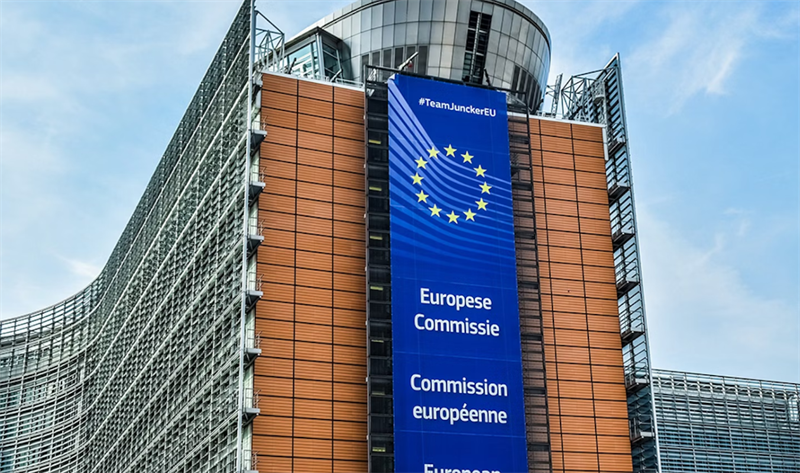The European Commission has finalized three new regulatory frameworks under its sustainable electronics strategy, signaling a major shift for the PCB industry. Effective from January 1, 2026, the new measures aim to align electronic products with the EU's circular economy goals—changing how PCBs are designed, labeled, and documented.
The regulations include mandatory recyclability labeling, Digital Product Passports (DPPs), and a compliance plan deadline under the Ecodesign for Sustainable Products Regulation (ESPR). These rules present both compliance challenges and opportunities for manufacturers and OEMs operating in the European market.
1. Recyclability Labeling Becomes Mandatory
Effective: January 1, 2026
Legal Basis: Packaging and Packaging Waste Regulation (EU 2025/40)
For the first time, non-packaging electronics such as PCBs will require standardized recyclability labeling. Labels must indicate the percentage of recyclable materials used and provide clear dismantling instructions for end-of-life processing. Even complex multilayer PCBs must disclose separation pathways for components like copper traces, epoxy resins, and solder masks.
Industry Impact:
The EU generated over 10 million tons of e-waste in 2023, with a recycling rate below 40%. PCBs, which often contain valuable but hard-to-recover materials, are a key focus of the regulation. The new labeling system aims to improve recycling traceability and enable efficient material recovery.

2. Digital Product Passports (DPPs) for PCBs
Effective: June 2025
Legal Basis: Delegated Act under ESPR
From 2026, all PCBs sold in the EU must be registered in a Digital Product Passport system, accessible via QR code, RFID, or serial number. The DPP will include:
● Full material composition (e.g., FR4 type, copper thickness, plating details)
● Disassembly and repair options
● End-of-life treatment paths and recycling partners
Industry Impact:
DPPs are designed to create transparency across the supply chain, enabling traceable sourcing and informed procurement decisions. OEMs will be required to validate reparability, while suppliers must disclose upstream material data.
"The DPP will make sustainability data a market differentiator," said Katrin Lummer, Policy Director at the European Electronics Council. "Buyers will start comparing PCBs based on lifecycle impact—not just cost."
3. ESPR Compliance Plan Deadline
Due: December 31, 2025
Legal Basis: Delegated Act under ESPR
Manufacturers must submit a compliance plan detailing how their PCBs align with ESPR sustainability goals, including:
● Minimum recycled content (expected to be 10–30% depending on material)
● Durability and lifecycle performance
● Reparability features such as modularity or socketed components
Industry Impact:
Only PCBs supported by an approved compliance plan can enter the EU market from 2026. Non-compliant products may face customs holds, fines, or recalls—particularly in sectors like automotive, telecom, and healthcare.
Conclusion:
These new regulations mark a turning point for the global PCB supply chain. Companies targeting the EU market must act swiftly to align their design, documentation, and compliance strategies with the new rules—or risk being shut out of one of the world's largest electronics markets.
+86 191 9627 2716
+86 181 7379 0595
8:30 a.m. to 5:30 p.m., Monday to Friday
